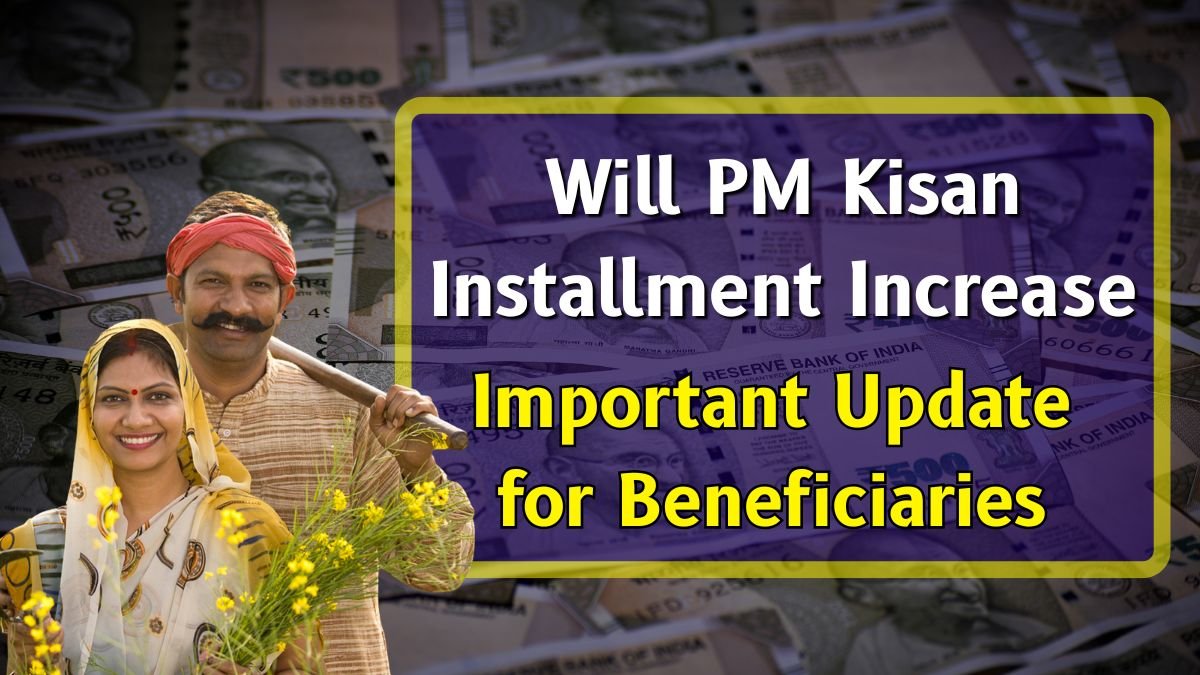Are you a PM Kisan Yojana beneficiary hoping for a bigger payout in the upcoming installment? Here’s an emotional reality check and a crucial update that every farmer family must know today.
Government Clarifies on PM Kisan Installment Hike
The Government of India has clearly stated that there is currently no proposal to increase the ₹6,000 annual benefit under the PM-Kisan Scheme. This was confirmed by Minister of State for Agriculture and Farmers’ Welfare, Ram Nath Thakur, in a written reply to the Lok Sabha.
So, if you were expecting an increase in the upcoming installment, this update might come as a disappointment—but it’s important to stay informed and updated.
What is PM-Kisan Yojana?
Launched in February 2019, the Pradhan Mantri Kisan Samman Nidhi (PM-KISAN) is a Central Sector Scheme aimed at supporting small and marginal farmers with financial assistance.
Under this program, eligible farmers receive ₹6,000 per year in three equal installments, directly into their Aadhaar-linked bank accounts via Direct Benefit Transfer (DBT).
Latest Rules: Farmer ID Mandatory in 14 States
Alongside the clarification on the installment amount, the government has also introduced a new registration rule:
In 14 states, a valid Farmer ID is now mandatory to register under PM-Kisan.
This move is part of a larger effort to streamline the beneficiary database, improve transparency, and ensure that genuine farmers receive the benefits without delays or fraud.
Digital Infrastructure for Transparency
To make sure that benefits reach the last mile, the government has set up a farmer-centric digital infrastructure. This includes:
- Self-registration portal
- Common Service Centres (CSC) for assisted registration
- Operator and official mode for grievance redressal
- Local level officers for field-level verification
These systems empower local administration to address errors, complaints, and registration issues at the grassroots level.
PM Kisan Yojana Who Is Not Eligible?
Not all landowners are covered under the PM-Kisan scheme. High-income farmers, government employees, and taxpayers are excluded to ensure that only genuine small and marginal farmers benefit.
